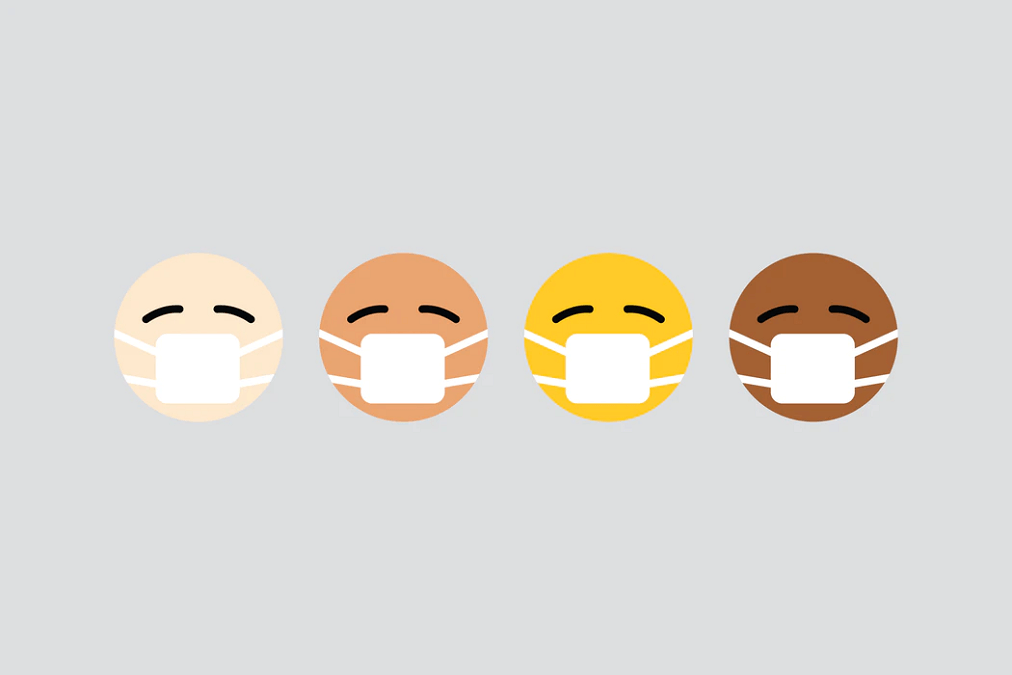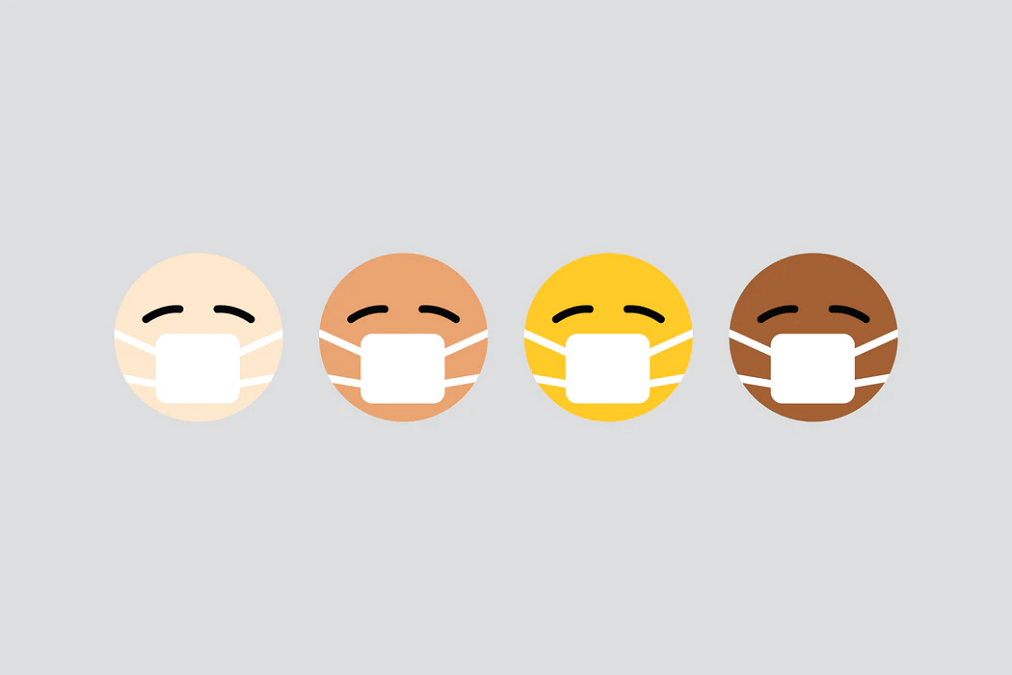The Workers Union has put together a Coronavirus briefing document for members and associates. Please note that –
- We cannot be held responsible for any adverse consequences that arise from following this advice
- We will update this page as and when government/union policy changes
What is COVID 19?
COVID-19 is one of a group of viruses known as Coronaviruses. Typical symptoms include fever and coughing which may progress to severe coughing, shortness of breath and difficulty breathing.
Is there any vaccine?
The short answer is no, not at the moment. Dedicated teams of scientists the world over are working around the clock to produce an effective vaccine, but a stockpile of drugs is still some months away.
Will antibiotics work?
No, this is a viral, not a bacterial infection.
Who is vulnerable?
Based on the current evidence, everyone is vulnerable but only a small percentage of people will become seriously ill. People in this group include those with pre-existing conditions and adults over the age of 70.
How is the virus transmitted from person to person?
By coughing and sneezing. Viruses can also be spread through tiny invisible particles that are released from the lungs. These ‘aerosols’ hang around in the air for a several hours, increasing the risk of infection.
2 metre rule – true or false?
Although many of us have been advised to stand more than 2 metres away from somebody who is coughing and sneezing, recent research suggest that 6 metres is a more realistic figure.
In reality, anybody displaying symptoms of the virus should be self-isolating – see below.
How do we stop it spreading?
With difficulty…but there are things you can do to make a difference:
- Make sure you wash your hands *thoroughly* every time you go to the toilet, prepare a meal or enter a new environment. Use hand sanitizer or soap and hot water
- Use tissues to capture the droplets when cough or sneeze. Make sure you put all used tissues in the bin
- If you don’t have a tissue to hand, sneeze into the crook of your elbow, then make sure you wash/wipe the affected area
Do I need to self-isolate?
Self-isolation is a form of social distancing that requires individuals to stay in one location and maintain minimal contact with others.
The current advice from HM Government was published on the 16th of March. It states:
- That if you feel yourself becoming unwell with any of the symptoms of COVID-19, and you live alone, you should self-isolate for at least 7-days
- That if you live with other people and you or anyone else in the household is presenting with symptoms of COVID-19, then everyone in that household should self-isolate for 14 days. The isolation period begins from the day the first person in the house became ill
- That anyone in a household who starts to display symptoms will need to stay at home from the point at which the symptoms appeared – regardless of where they are in the 14 day isolation period. For example, if someone starts to display symptoms on day 12, they will have to stay in isolation for a further 7 days, bringing their total isolation period to 19 days.
If I have to self-isolate, do I need to inform my employer?
The short answer is yes. You must tell your employer immediately if you have to self-isolate.
My employer is not taking Coronavirus seriously – what can I do?
By now employers should have told you how they intend to adapt existing working practices to the present situation. For many people in offices, it will mean working from home and attending meetings using communications technology. Those people who are either obliged to go into a communal place of work or have contact with the public should be subject to special measures regarding the provision of hand sanitizer, tissues and face masks. Members dealing with the public (NHS workers for example) should have assessments carried out and appropriate policies put in place to manage exposure to potential sources of the virus.
If your employer is failing in its duty to look after your health and wellbeing, then get in touch with us here at The Workers Union.
Staying safe means minimising risk
Put your own health, safety and wellbeing – and wellbeing of others – at the top of your agenda. If you feel unwell, follow the government guidelines and don’t resume contact with others until the end of the isolation period.
The Workers Union – Working hard for you every day





